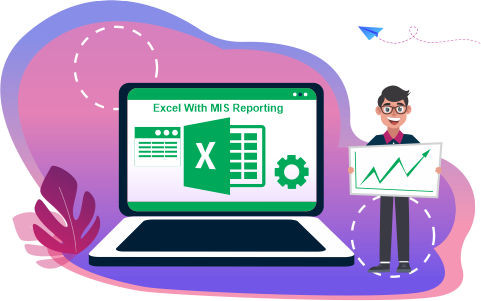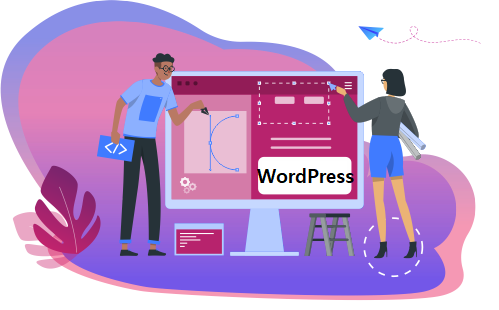Interview Questions
Answer: E-Accounting provides real-time access to financial data, making it transparent and easily accessible to authorized personnel. This transparency promotes accountability and informed decision-making.
Answer: Double-entry accounting ensures that each transaction has equal and opposite effects on at least two accounts, maintaining the accounting equation. It is fundamental in e-Accounting for accuracy.
Answer: E-Accounting automates many manual processes, reducing the need for paper, manual data entry, and physical storage. This, in turn, leads to significant cost savings.
Answer: I implement password protection, two-factor authentication, and access controls to ensure that only authorized individuals can access sensitive financial data.
Answer: I encountered a data synchronization issue between e-Accounting and the bank. By working closely with support and implementing a systematic troubleshooting approach, I resolved the issue efficiently.
Answer: I regularly attend webinars, participate in forums, and subscribe to industry newsletters to stay informed about new features, updates, and emerging trends in e-Accounting.
Answer: E-Accounting systems should be scalable to accommodate business growth. I ensure the selected system can handle increased data volume and transaction complexity as the business expands.
Answer: Mobile accounting involves accessing and managing financial data using mobile devices. It enhances flexibility and accessibility, allowing for real-time financial management on the go.
Answer: I schedule updates during non-critical hours, communicate changes to users in advance, and thoroughly test updates in a separate environment to minimize disruptions to daily operations.
Answer: I have successfully implemented e-Accounting for payroll, automating calculations, tax withholdings, and direct deposits to ensure accurate and timely payroll processing.
Please Login to See Full Content




